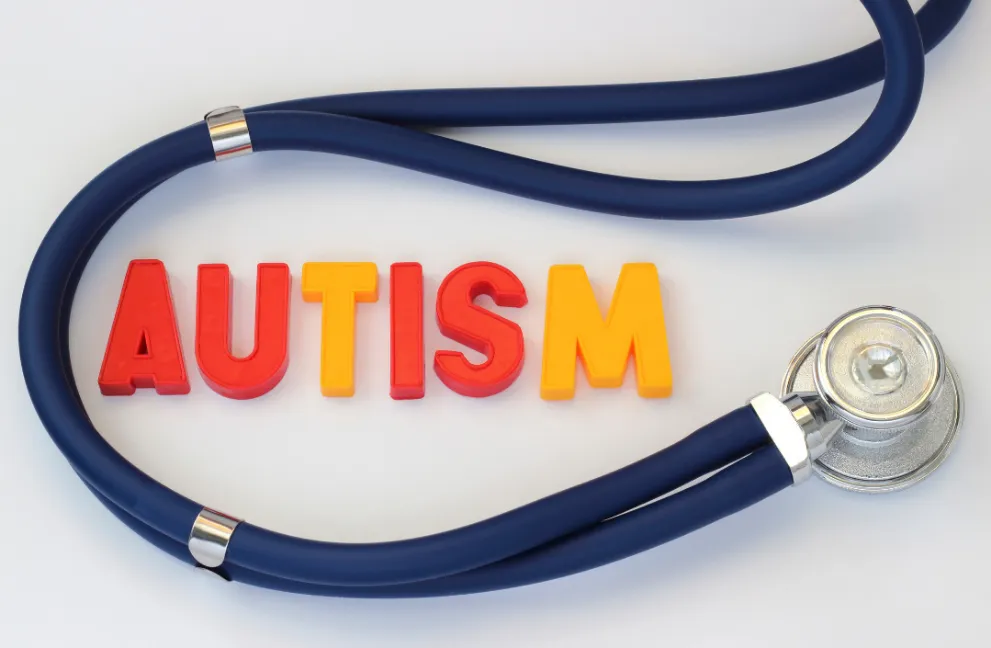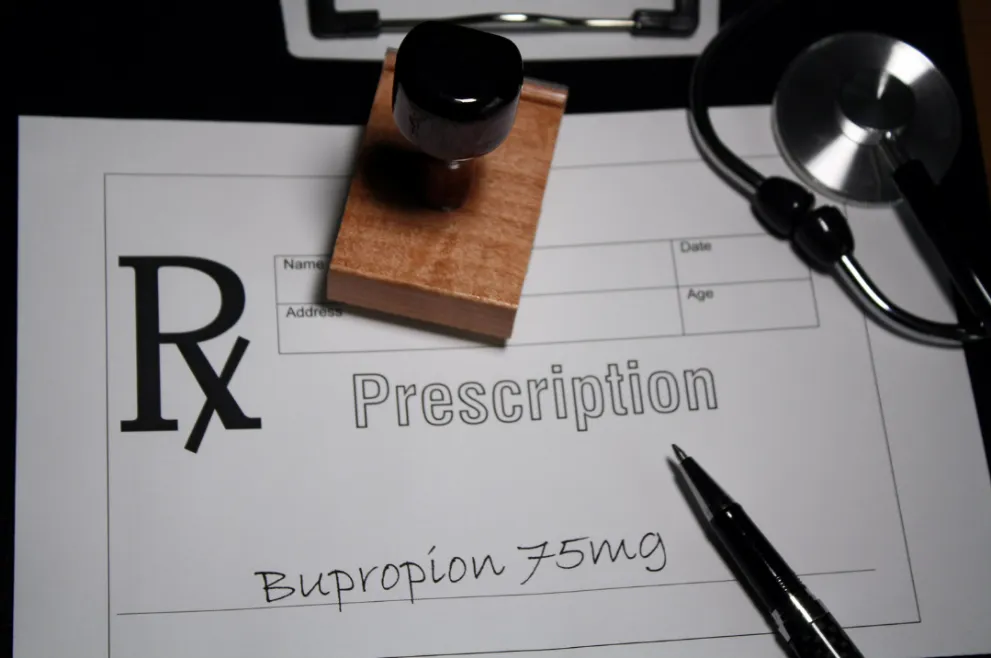Written and medically reviewed by Dorcas Morak, Pharm.D
Finding the most effective pill for weight loss can be a quest filled with uncertainty and misinformation. Let's delve into the nuances of weight loss pills, exploring their efficacy, safety, and suitability for different individuals.
What are weight loss pills, and how do they work?
Weight loss pills, also known as anti-obesity medications, come in various forms, including tablets and injections. These medications work in different ways, such as suppressing appetite, reducing fat absorption, and enhancing feelings of fullness. They aim to help individuals who struggle with weight loss despite adopting diet and exercise regimens.
Who is eligible for weight loss medications?
Eligibility for weight loss medications revolves around Body Mass Index (BMI) criteria and weight-related health issues. Adults with a BMI of 30 kg/m² or higher, or those with a BMI of 27 kg/m² or higher coupled with weight-related medical conditions like high blood pressure or type 2 diabetes, may qualify for these medications. Moreover, certain drugs are available for adolescents aged 12 and above under specific BMI and health condition thresholds.
How well do weight loss medications work?
While no miracle pill exists, GLP-1 receptor agonists have demonstrated notable efficacy in weight management. Drugs such as Semaglutide (Wegovy) have shown significant weight reduction capabilities, with clinical trials indicating weight loss of up to 15% in adults with obesity. These medications mimic the action of the GLP-1 hormone, regulating appetite and slowing gastric emptying to induce a feeling of fullness.
How long do individuals need to take weight loss medications?
The weight loss medication usage duration varies based on individual response, side effects, and weight loss goals. Healthcare providers may adjust dosages and medications during a trial-and-error period to optimize outcomes. For some, long-term medication use may be recommended to sustain weight loss achievements effectively.
What are the short-term and long-term options for weight loss medications?
Short-term weight loss pills, such as Phentermine (Adipex-P) and Diethylpropion, are FDA-approved for use up to 12 weeks. These medications primarily act as appetite suppressants but may cause side effects like increased heart rate and insomnia. In contrast, long-term drugs like Liraglutide (Saxenda) and Semaglutide (Wegovy) offer sustained weight loss benefits over extended periods, with potential side effects and considerations unique to each medication.
How much do these medications cost?
Out of the FDA-approved weight loss medications, Phentermine stands out as the most budget-friendly option, especially when you download the app and join the RxLess Assurance Plan. With this plan accepted at chain pharmacies like CVS, Rite Aid, and Walgreens, you can get Phentermine for as little as $6.83. On the other hand, Diethylpropion starts at $21.89, and Liraglutide (Saxenda) and Semaglutide (Wegovy) begin at a much higher price of $1,310.91 and $1,313.43, respectively.
Will individuals regain weight after stopping weight loss medication?
Usually, you need to keep taking weight loss meds to keep seeing results. If you stop, you might gain the weight back. So, it's crucial to mix in lasting habits like eating well and staying active for managing your weight in the long run.
In conclusion, while weight loss pills offer a promising adjunct to conventional weight management strategies, their success hinges on individual factors, adherence to treatment plans, and holistic lifestyle adjustments. Consultation with healthcare professionals remains paramount in navigating the complexities of weight loss medication selection and utilization.
















